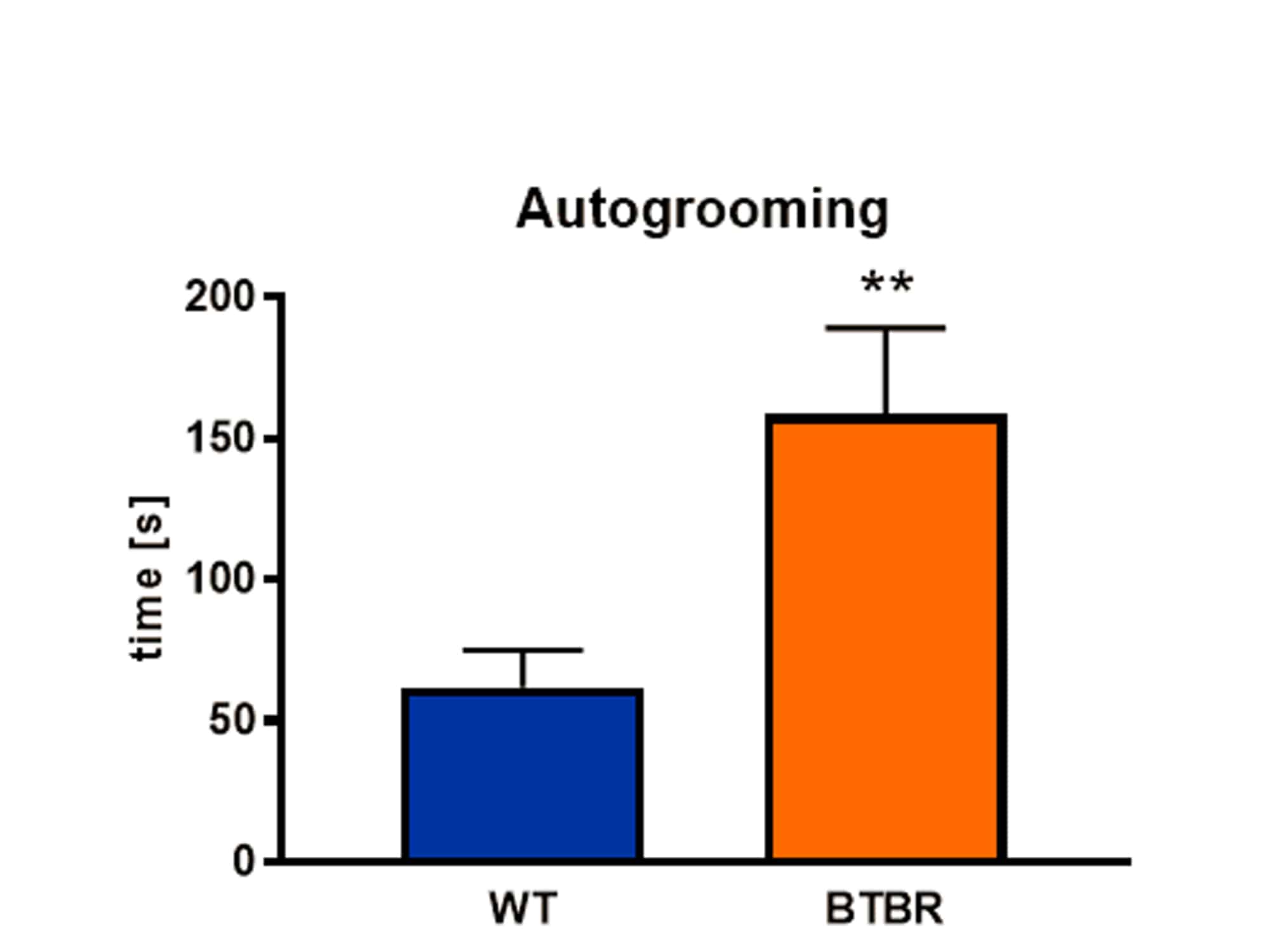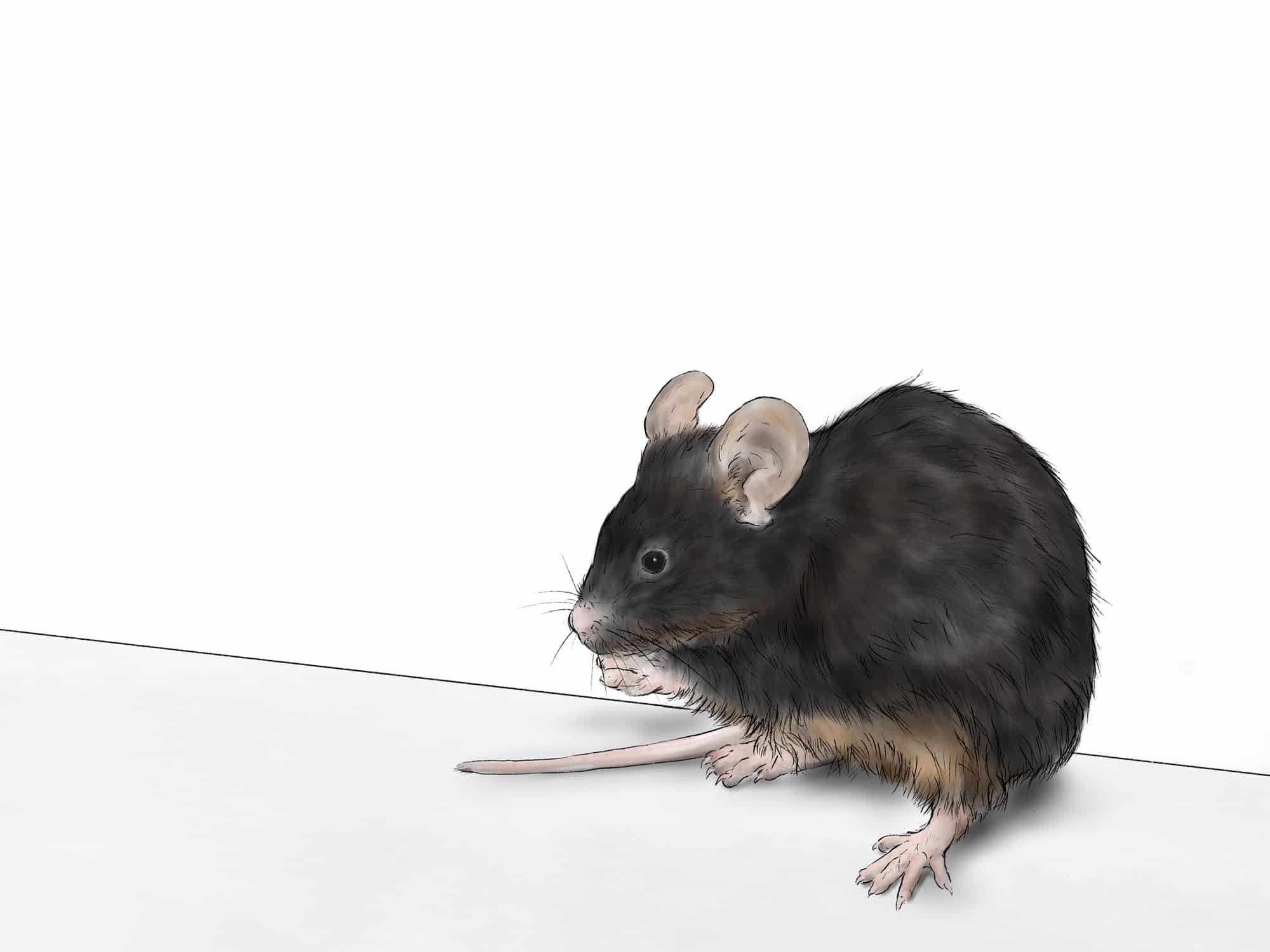Self-grooming represents a group of complex innate behaviors and is one of the most frequently performed behavioral activities in rodents. It is estimated that mice groom around 40% of their awake time. Grooming is a physiological behavior of healthy mice to clean themselves. Two types of grooming are distinguished; social grooming, also referred to as allogrooming, characterized by grooming of another mouse and autogrooming characterized by self-grooming.
Autogrooming serves many functions, among which are: thermoregulation, protection of injuries, elimination of parasites, cleaning of the fur, and self-soothing. The latter is particularly important for autogrooming tests since mice groom more when under stress or in pain. Additionally, in socially disturbed animals, autogrooming can be increased.
Autogrooming profiles can be changed between different wild type strains, e. g. BALB/C mice, or in disease models, e. g. BTBR or FMR1 KO mice as models of autism spectrum disorders, as well as in R6/2 mice as model of Huntington´s disease.
It is important to note that animal autogrooming is not considered an exact model of any human pathology. With the autogrooming test, it is possible to analyze complex repetitive and self-directed behavior that correlates with anxiety and sociability. Thus, anxiety tests, such as the elevated plus maze, and tests measuring social behaviors, such as the three-chamber social interaction test, can be used to further consolidate acquired results.
The autogrooming behavior is mostly observed when animals are housed separately. Therefore, for this test, animals are housed separately for three days. On the 4th day, mice are placed in an empty, litter-free cage and after a habituation phase of 5 minutes, mice are filmed for another 10 minutes. Following parameters are analyzed:
- Total time grooming
- Number of grooming events (bouts)


Autogrooming behavior of BTBR mice. Total duration of grooming during 10 minutes of observation. BTBR: n = 12; WT: n = 12 (males only). Mean + SEM; unpaired t-test. **p<0.01.
